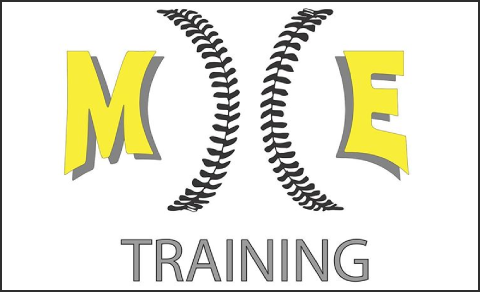This afternoon, I was a guest speaker at The Cage in Riverhead, NY to discuss a bevy of topics regarding to amateur baseball, how Axcess Baseball was started and the particulars of being an MLB scout. For those that couldn’t make it, here’s some of the key points I made:

- If you’re good, you will be found.
This seems overly simplistic but it seems to get lost on people. The prevailing thought seems to be if you are not on an elite travel team, you have no chance to get a scholarship. I can attest to the fact that several players have received scholarships and even gotten drafted without attending every showcase. Our job as a scout, and also for college colleges, is to unearth the hidden gems. Those ones are much more satisfying anyway.

- Your results on the field does not impact the caliber of person you are.
Young players tend to be highly emotional and vulnerable. I know I was guilty of living and dying with the results of every game. The fact is that there’s much more to life than baseball. A 10-year-old should never feel that their worth in life is based on their success or failure on the baseball field. Some parents need to realize that.

- Academics matter more than you think
I know that I was the type of person that only cared about baseball and journalism class in school. I found it very difficult to pass certain classes like chemistry and trigonometry, but that is no excuse. Everyone has their strengths and weaknesses in the classroom and you have to work to improve those weaknesses. In baseball, there are no full athletic scholarships. That means if you want to attend a private university, you will often be relying on academic scholarships and/or grants to pay the difference. If you have below a 3.0 GPA and 1100 SAT it will be difficult to receive any meaningful dollar amount of scholarships.
- College coaches notice the little things.
They are not only in the business of winning games but mitigating risks. If you have poor body language on the mound, complain to umpires, throw your equipment, show up your teammates, how can they expect you to be a good investment for the next four years? If you aren’t in control of your emotions, it’s tough to envision you being a contributing teammate and exemplary individual for four years. It can seem unfair that they are forming sophisticated opinions on you based upon only a sliver of information, but that’s all the time they have in many cases. Make the decision harder on them by hustling and being a great teammate.

- Mechanics are extremely important.
This is another that seems overly simplistic but the fact is that good mechanics often means having less of a risk of serious arm injury and also means that you will maximize your velocity on the mound and power at the plate. As a young player matures at the age of 14, 15 or 16 years old, those 70 MPH fastball can often become 80 MPH simply by experiencing a growth spurt. That’s exactly what happened to me and it resulted in a number of looks from great programs.
![]()
- Early commitments are generally useless
I understand that we live in a day and age of instant gratification. Likes, follows, retweets, reposts. These kids are growing up in an environment where they feel their self-worth is directly correlated to outside perception. The reality is that it couldn’t be any less important. While I am happy for kids that are in a position to garner interest from Division-I programs at 15-years-old, I think it is a terrible idea to lock yourself into a one-way agreement, thus losing the leverage down the line from other opportunities. Legendary NYIT Head Coach Bob Hirschfield told me he only recruited incoming high school seniors. I think it worked out pretty okay for him.
- Offseason Training and In-Season Practice Are Crucial
Unless you are Bo Jackson, you can’t just show up on game day and expect to succeed. You need to build muscle in the offseason and you need to constantly be working on your craft during the season otherwise you develop bad habits that can be close to impossible to correct.













